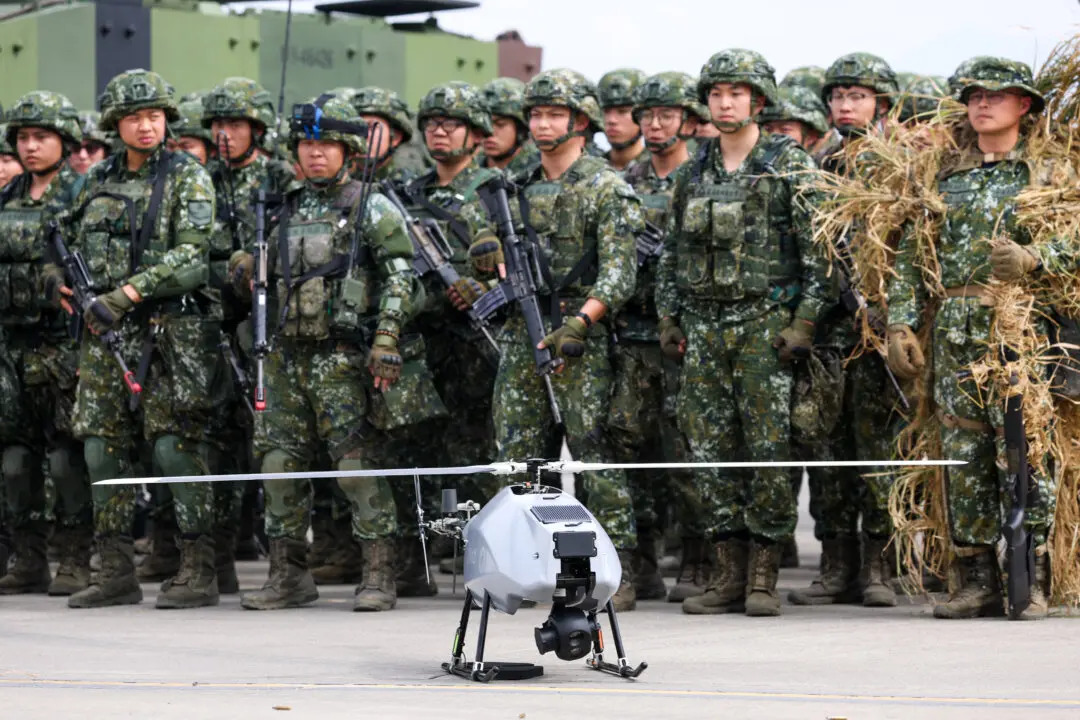TAIPEI, Taiwan—In less than a week, Taiwan has lost two diplomatic allies to Beijing, with the latest being the South Pacific nation of Kiribati.
“They have chosen to give up a real friend and chosen to become a pawn of China. I think this is a huge mistake,” said Taiwan President Tsai Ing-wen, commenting on Kiribati’s decision to switch diplomatic recognition to Beijing during a Sept. 20 press conference.





